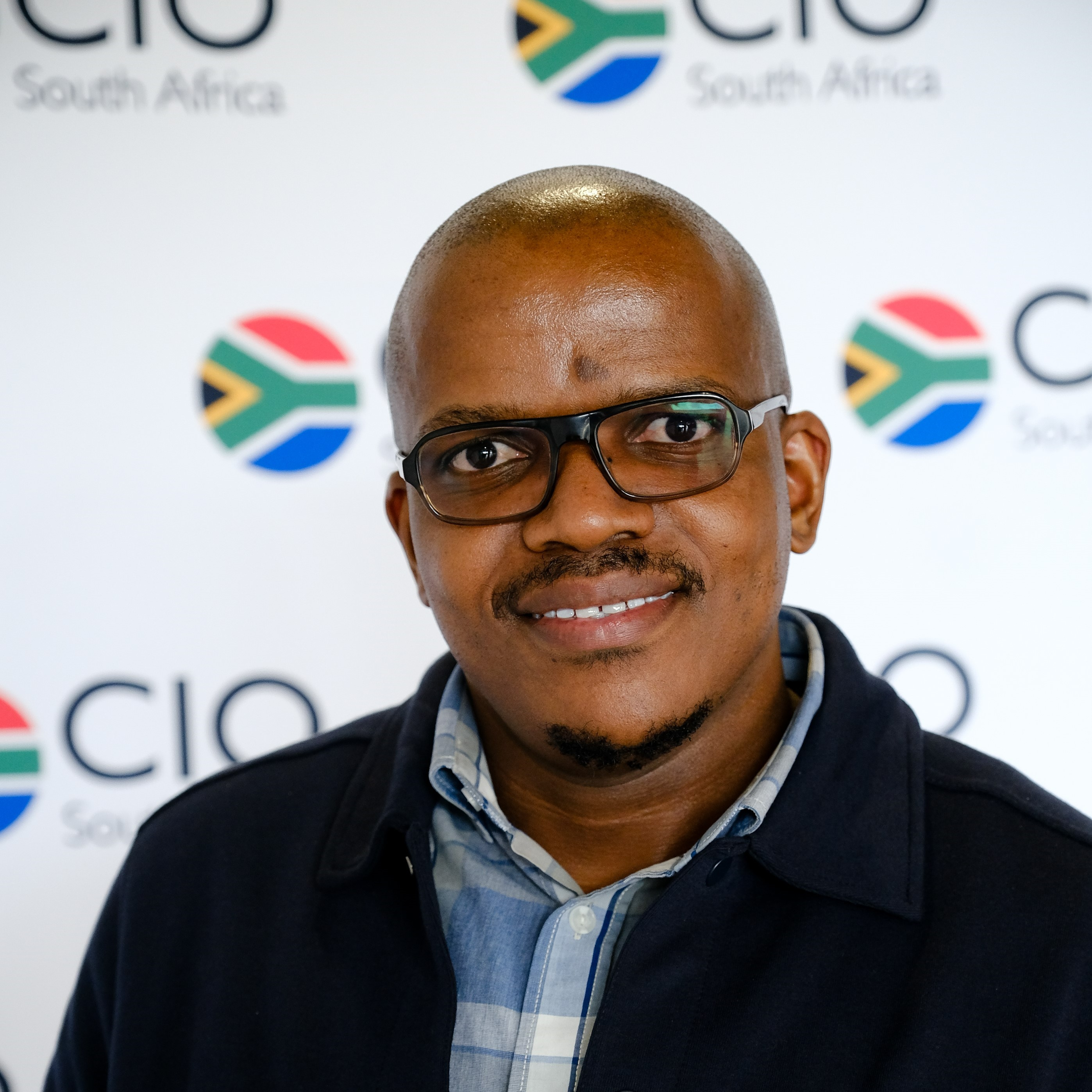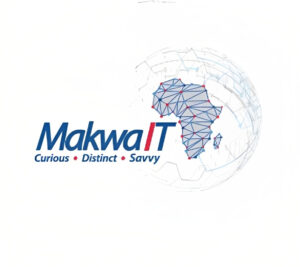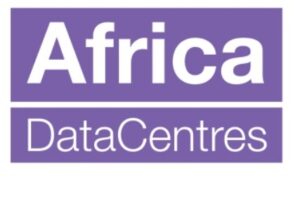Keneilwe Gwabeni believes young women are under-represented in IT ─ something she’d like to change.
Keneilwe Gwabeni, CIO of Telkom Business and Trudon, never intended to pursue a career in IT. In fact, she had never seen or heard of computers until someone told her about the discipline, and she made it her mission to learn more.
“I remember the overwhelming feeling of excitement and fear when I first walked into a computer laboratory,” she recalls. “There were a lot of computers and I was scared to touch them. That fear motivated me to learn and understand computers, because I love to challenge myself and always strive to overcome my fears,” she says.
Keneliwe went on to study a National Diploma in information technology and a BTech in information technology at the Cape Peninsula University of Technology (CPUT), as well as a BCom Honours in information systems at the University of Cape Town.
She is a seasoned IT executive with 23 years’ experience in the field, with 16 of those years having been in senior roles. “These different environments have diversified my leadership skills from both the business as well as the technology perspectives, which enabled me to become a seasoned strategist with in-depth experience in strategy definition and execution, complex IT operations management, and excellent corporate and IT governance development and implementation, for both private and public sectors,” she explains.
A voice for the voiceless
Keneilwe is also passionate about empowering young women who come from disadvantaged communities. She is from a small rural village in Mafikeng, and therefore understands the obstacles they face. “I am from the rural village and the challenges I encountered throughout my career as a result of lack of resources and information in the rural areas encouraged me to help others to not experience some of those challenges. For example, the first time I saw a computer was my first day in class as a first year student at CPUT,” she says. “
She points out that her other fellow students had been exposed to computers, which really had an impact on her self-esteem, but it also kindled a burning desire to succeed.
“My ultimate goal is to see a significant improvement in efforts to bridge the digital gap in rural communities. As the world progresses in the digital era, we must not leave those communities behind,” she pleads. “My focus is to provide young kids with access to technology and also provide affordable and easy-to-use solutions to our customers so that they can participate in the digital space.
“I also want to continue sharing my story and experiences and simplify the technology concepts and language so that the young women in these communities can have a relatable role model who was where they are now – to give them hope and believe that they are worthy and have what it takes to achieve great things in life,” she adds.
As CIO, Keneilwe is faced with the difficult tasks of making tough decisions at any given moment. One of the toughest decisions she has ever made, she says, is choosing which emerging company deserves the chance to grow as an enterprise, but also be associated with a large telco such as Telkom.
“My job involves making difficult decisions all the time, and one of the most difficult decisions is when I have to give opportunities to small service providers vs. established large corporates with proven track records,” she says. “It’s always a risk. because they are still establishing themselves in the industry, but it is important for corporate leaders to be instrumental in the upliftment of smaller businesses as they are a significant player in our economic growth.”
Proving her detractors wrong
And the challenges don’t end there, especially as a woman in the industry. She’s had her fair share of pushback and naysayers. “I was often the only woman and woman of colour in many situations in the early years of my career,” she explains. “Corporate inequality was the order of the day and some of my team members back then were bold enough to tell me to my face that I was just an affirmative action candidate even with the relevant qualifications and experience.
“This mindset wasn’t just within IT, it was widespread within the other business units in the organisation,” she notes. “I have many other painful examples of how I was ostracised and discriminated against. I felt helpless and was on the verge of giving up, but it was a phone call with my mother that really put things into perspective and encouraged me to continue.
“She told me to believe in myself and my abilities, ignore everything else and focus on my work. She told me to never let people change who I am and not give away my power to them. Those words carried me through my life. I focused on delivering best results at work.
“I excelled in my work – I went over and above my role and responsibilities – I worked 10 times harder than others, and that’s how I proved them wrong.”
In the end, she survived the worst that could be thrown at her, and her future took a turn for the better. As opposed to being rejected, she is now celebrated. She is a two-time winner of the Global CIO 100 for 2021 and 2022, an initiative that recognises the top 100 technology leaders in the world who demonstrate excellence, resilience, and innovation.
“I was thrilled when I received the recognition because it is a reward for all my hard work and the challenges I had to overcome along the way,” she says. “Most importantly, it is a sign of hope for young girls and women who want a career in technology that they have what it takes to be successful and thrive in the STEM industry.”
















